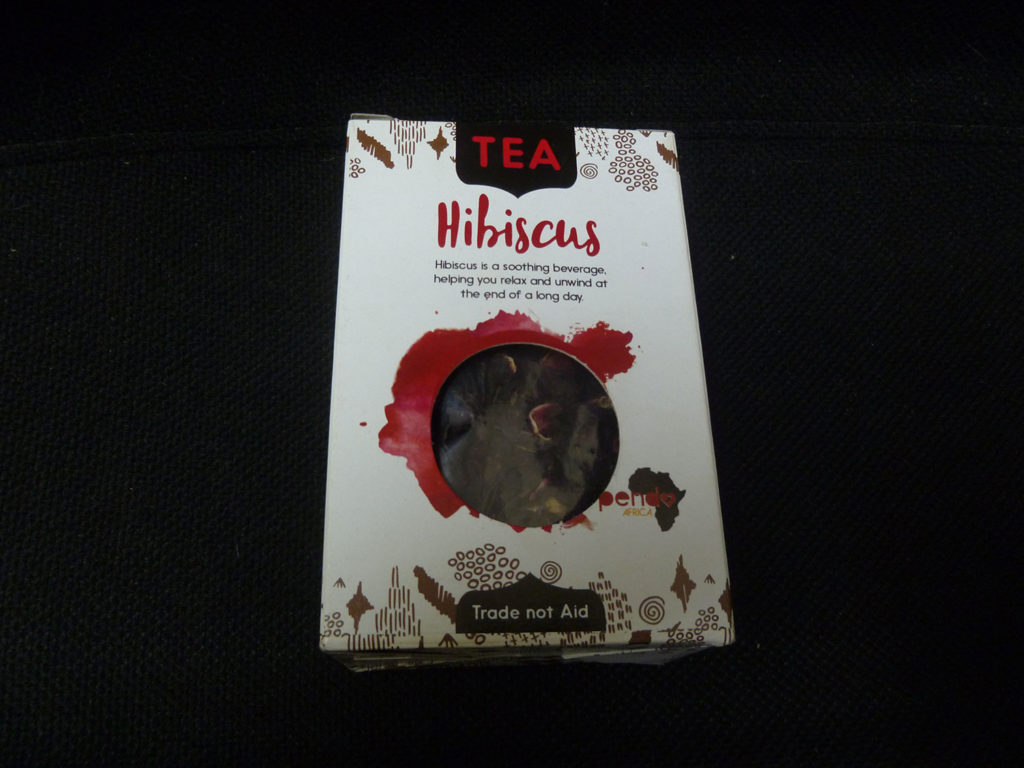In a country where the average income is less than $200 a year, the present economic drought is making sustainable incomes harder and harder to maintain. Most parents in Uganda are living hand-to-mouth and are struggling to find ways to keep their children healthy and full.
Historically, tobacco has been the cash crop that keeps families financially afloat throughout the year, but this has resulted in toxic soil erosion and a marked decline in the health of tobacco workers who spent years consuming the product as a way to smother their own hunger pains.
The need for a healthy new cash crop was pressing when Send Relief started the Hibiscus Herbal Tea Project.
The Tea Project taught nine hardworking farmers how to grow hibiscus, dry the leaves, create a customer base, set financial goals and maintain a family and business budget. The tea they produced became so popular that it even encouraged better standards of other agricultural products throughout Uganda!
This farming collective now has the ability to support their families and send their children to school to get formal educations—an option that wasn’t even on the table before your generosity made it possible. Many of the grateful participants expressed that in a time when their lives were looking bleak, Send Relief’s program restored hope and inspiration to their community.
One of these farmers, Joseph, was a tree cutter, occasionally working in a coal mine when shifts were offered. A dedicated husband and father of six, he wasn’t able to provide consistently for his family with the meager wages from three jobs. To supplement their income, Joseph’s wife did odd jobs and cleaned houses for their neighbors. When he learned of Send Relief’s tea program, he immediately enrolled in three different training sessions to help him grow his farming business.
They are now making enough money from their hibiscus crop to send all of their children to elementary school in the city and pay for much-needed house repairs!
Joseph even used some of the leftover money to purchase 15 beehives for a side-business that is now thriving in their local village. His plans for 2020 include growing both store fronts and holding clinics of his own to educate people about the medicinal value of hibiscus tea.
“I would like to thank Send Relief for this innovation and for introducing The Hibiscus Project to positively change the lives of our vulnerable community members,” he says. “I now look at farming as a business due to the training I obtained through your services.”
The training involved in this project eventually evolved to include women who wanted to take hold of their own financial stability through learning how to farm. The Gender Action Learning System resulted, and Uganda now has female farmers operating in local markets throughout the nation!
An unanticipated benefit of this project was the farming collective’s purchase of a solar drier to start dehydrating pineapples, bananas and jackfruit for yet another business opportunity in local markets. Farmers have been able to feed their own families off of this produce when sales dropped, and they have started a small storefront to sustain them during the summer months.
Pray that Joseph and the rest of the collective continue to share a common vision for their businesses and that hope grows among the community as they navigate new endeavors. You can support more entrepreneurs like this by giving to Send Relief today!
Published July 3, 2020



